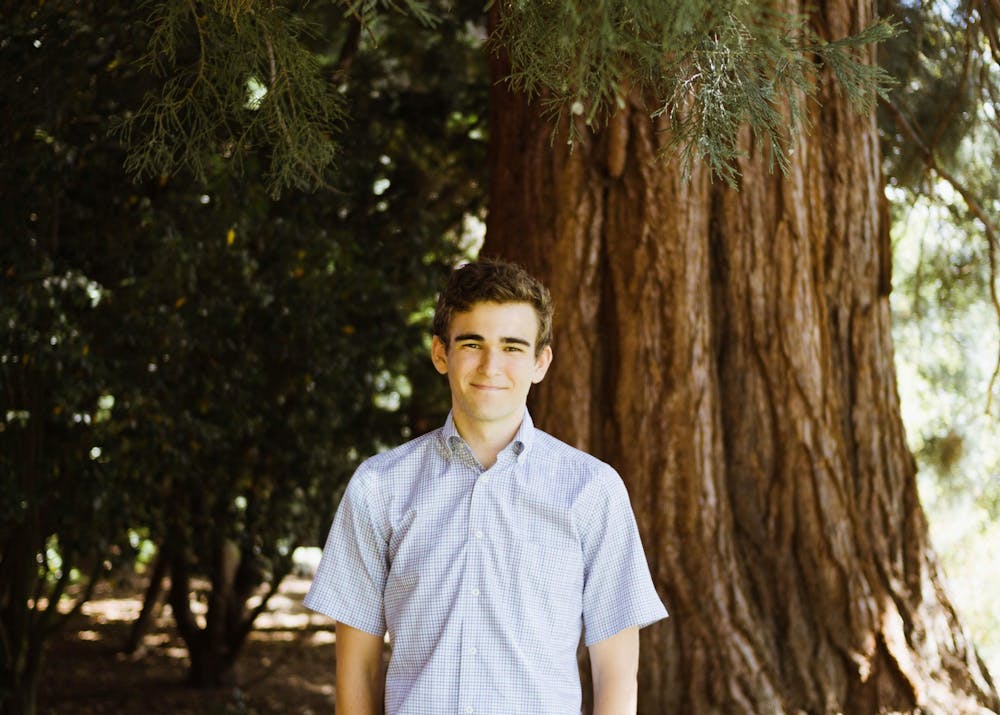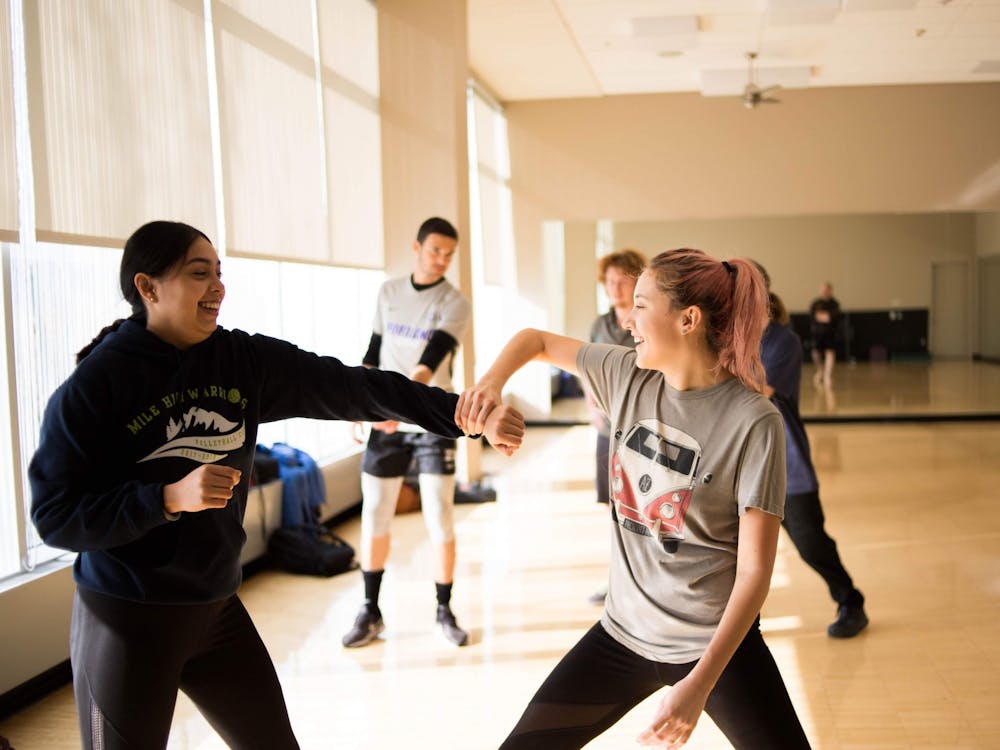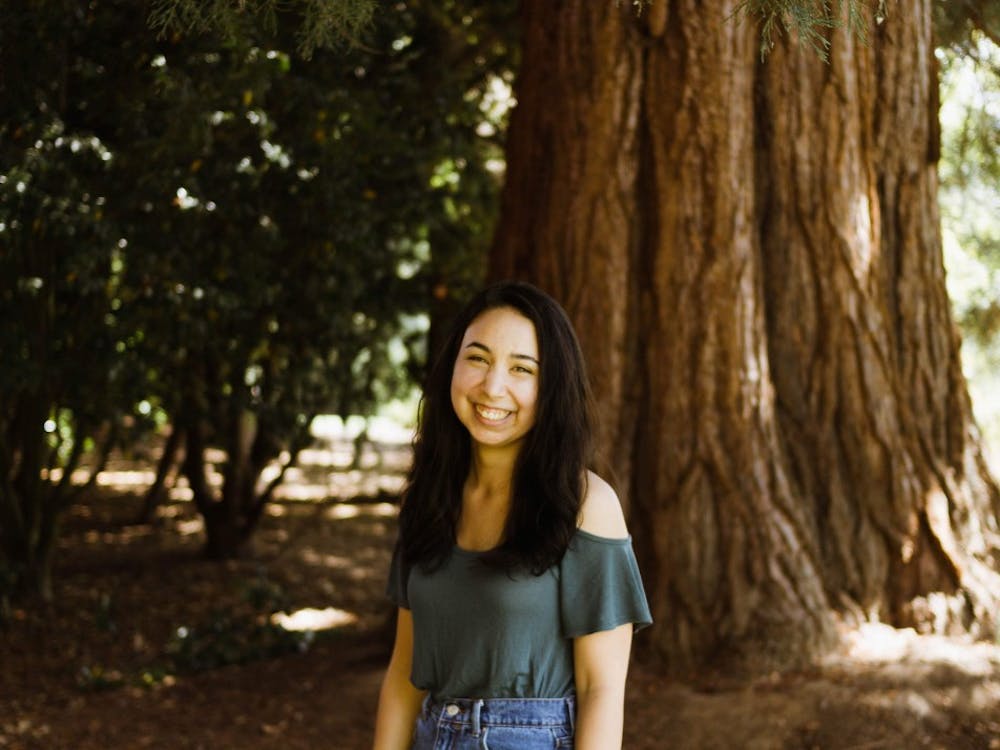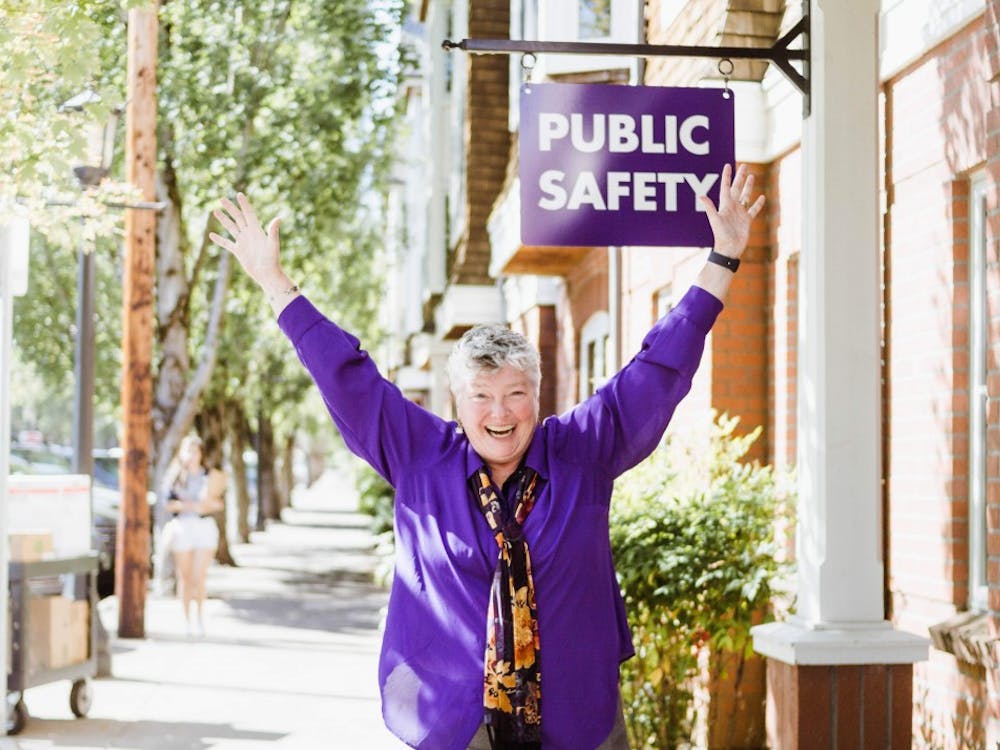Reading has always been difficult for me. I was always slower than my peers and could never quite comprehend the same information they did. When I entered high school, I took a couple of tests and was diagnosed with dyslexia.
When I found out, my reading rate was so slow that by the time I would get to the end of the sentence, I would forget what happened at the beginning of the sentence. Because my reading rate was so far behind my peers, simply knowing I was dyslexic did not change anything.
That year, I was introduced to audiobooks as a tool for learning, and they became a saving grace to me. While reading felt like tedious work, listening was fun, and it rekindled the love of literature I had as a child. Books, in theory, are awesome — they are the culmination of an author 's countless months of dedication and drive synthesized into a neatly bound couple hundred pages.
Being able to listen to them allowed me to gain access to one of the most wonderful sources of entertainment and joy we have available and was, without hyperbole, life-changing.
But don’t get the wrong idea, audiobooks are not just for dyslexics, they are for all people. We are all busy, and finding the time to sit down and physically read a book is difficult and requires sacrifices, whereas with audiobooks, you can listen to while doing something else: working out, cleaning your room, getting ready in the morning, winding down in the evening, eating or driving.
If you simply allot 30 minutes a day to listening to audiobooks, that can be the difference between consuming fewer than 100 books in your life and finishing all the books on your never-ending Audible wishlist and then some.
If you only listen to 30 minutes of an audiobook a day, you can listen to all of James Joyce’s “Ulysses” 7 times in a year, “The Art of Racing in The Rain” about 26 times in a year or Michelle Obama’s “Becoming” about 10 times in a year. If you don’t want to listen to the same book multiple times, you can listen to 18.25 10-hour audiobooks in a year. Over the rest of your life, that is about 1,000 books.
An Audible subscription is also relatively affordable. Per month, the cost is $14.99. This gets you one free book a month, two free Audible originals a month and 30% off all titles and exclusive access to sales and deals. It is also economically smart to buy audiobooks. At Barnes & Noble, the paperback edition of “Ulysses” costs $15.95, the paperback edition of “The Art of Racing in The Rain” costs $15.29 and a copy of “Becoming” costs $24.38. Your wallet will thank you for listening to audiobooks.
I can only speak to my own experiences, but I find myself being less distracted by my surroundings when I listen to an audiobook than when I read. When I read, especially for a class, I need a quiet environment, my phone in my backpack, nothing in front of me and no one in my immediate vicinity. Audiobooks allow me to experience the joy of reading even when circumstances are less than ideal.
Even if this is the opposite for you, where it is difficult to stay focused listening to audiobooks, I believe they are still worthwhile to listen to as they allow you to diversify your skills and will make you a more robust learner. Even if you lose your concentration, audiobooks are easy to rewind.
Here are some of my favorites:
“Can't Hurt Me” by David Goggins
Whenever someone asks me for a book recommendation, “Can’t Hurt Me” is almost always what I respond with. Never before have I consumed an audiobook that I was unable to put down. Goggins is the most badass person on the face of the planet: He has run over 60 ultra marathons (100+ miles), survived hell week at BUD/S multiple times and had the world record for pull-ups in one day (over 4,200) and the stories he shares are inspiring. There is no audiobook I recommend more than this.
“Never Split the Difference” by Chris Voss
Voss is a former lead international kidnapping negotiator at the FBI, and the anecdotes he provides about his experiences, from negotiating with bank robbers holding hostages in New York City to simply negotiating a raise, make this book incredibly captivating and practical.
“The Coddling of the American Mind” by Jonathan Haidt and Greg Lukianoff
In “The Coddling of the American Mind,” Haidt and Lukianoff detail the dangers of overprotection by the media, schools, universities and parents. We as humans are not fragile creatures — when we get knocked down, we don’t break. Rather, we are antifragile — we grow and learn by being knocked. However, the generation currently in college has been overprotected their entire lives. Because of it, many see words and ideas as threatening and as something that they should be shielded from rather than something they should confront. Because of such overprotection, Haidt and Lukianoff believe that our First Amendment, education and mental health are all in jeopardy. For those interested, the book is an expansion of an article written by the authors in 2015.
“Man’s Search for Meaning” by Viktor Frankl
A physician's firsthand experience of surviving the Holocaust and living in Auschwitz and how in such a horrible time he managed to find meaning in his suffering. This book is timeless and one that everyone should listen to (read).
“David and Goliath” by Malcolm Gladwell
If any audiobook has changed my life, it’s this one. “David and Goliath” is about the advantages of being an underdog. Nothing about this book is particularly special by Gladwell standards, as it does not popularize a phrase or term like the “3000-hour rule,” “sticky” or “tipping point.” In spite of it not being as revolutionary as his past work, David and Goliath holds a special place in my heart, as it inspired me to start learning outside of an academic setting and prompted me to look at my own disabilities, specifically dyslexia, from an advantageous perspective, and see that I am a stronger auditory learner than most. I hope that others can share in my love of this book as well!
William Seekamp is a reporter for The Beacon. He can be reached at seekamp22@up.edu.








